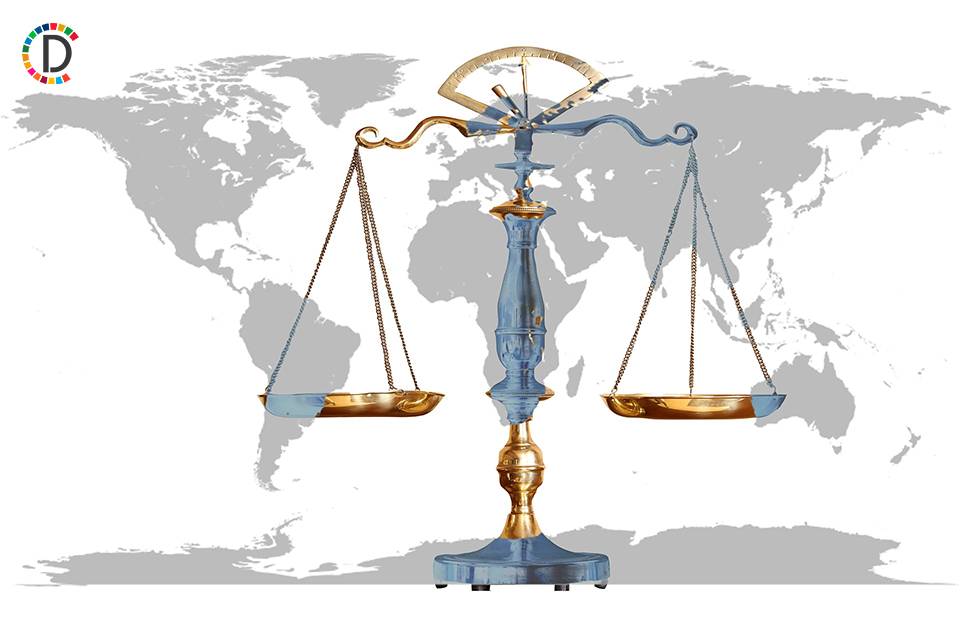Delhi High Court On Bootlegging: Society's Silent Menace
The Delhi High Court highlighted the societal menace of bootlegging and illegal liquor sales, upholding the externment of a woman involved in such activities. Despite her challenge, the court found her dangerous character and repeated offenses warranted action, citing potential community threat and the necessity to curb lawlessness.

- Country:
- India
The Delhi High Court has emphasized the dangerous impact of bootlegging and illegal liquor sales on society, describing them as a significant menace requiring stringent action. This assertion was made while dismissing a petition from a woman opposing an externment order following FIRs under the Delhi Excise Act.
The woman's expulsion, initiated by an additional deputy commissioner of police, mandated her removal from Delhi for two years, later reduced to one year by the Lieutenant Governor. Justice Anoop Kumar Mendiratta noted that externment proceedings aim to prevent ongoing offenses, identifying the petitioner as a recurrent threat and hazard to the community.
The court rejected the petitioner's claim of due process violations, affirming that sufficient notice and opportunity for witness cross-examination were provided. The judgment underscored the necessity of using externment under extraordinary circumstances to dismantle networks of lawlessness and recognized the petitioner's classification as a 'bad character' with no forthcoming witnesses against her.
(With inputs from agencies.)










